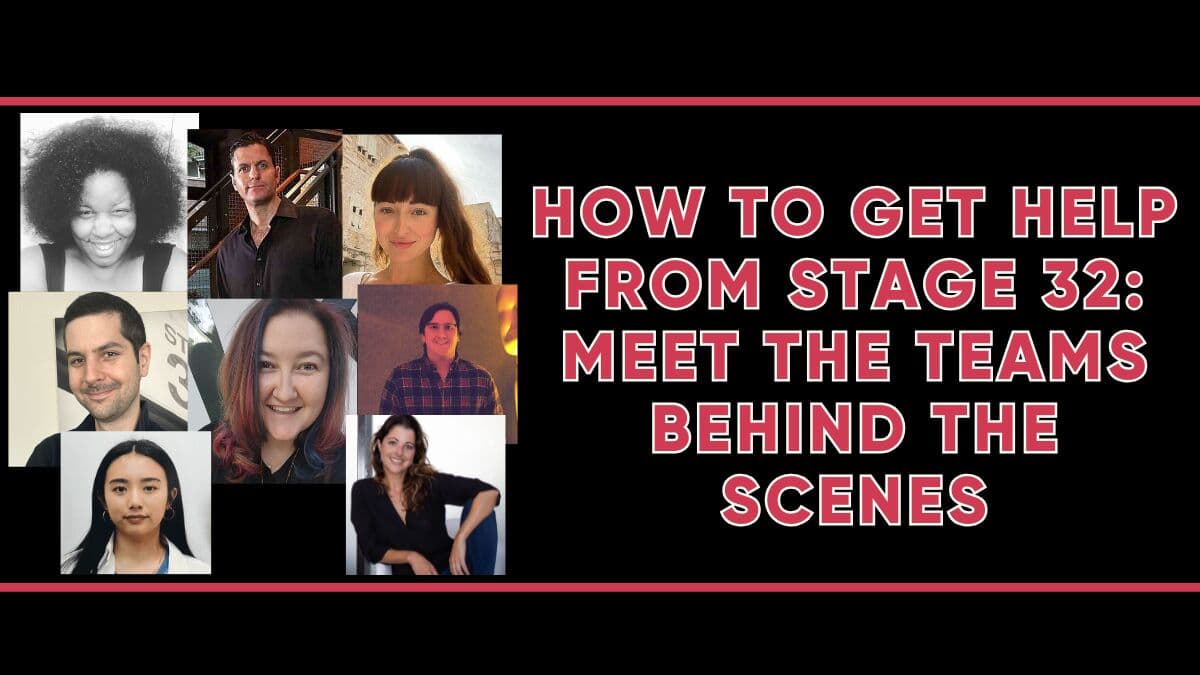Understanding Your Character's Goals & Motivations

Understanding Your Character's Goals & Motivations

What's the goal of your story? The answer sounds easy enough. A goal is simply what your character wants/ needs to accomplish by the end of the script. Despite the simple definition of a character goal, it's one of the most complex aspects of the story. Why? I have no idea; maybe it's because the goal makes or breaks the story. Because the goal keeps people intrigued and wondering what will happen next. Regardless of the importance of goals in a story, we all know one thing: a character's goal makes them relatable to the audience because everybody wants something.
In short, character goals may appear simple on the surface, but they can be remarkably complex and confusing depending on the story you're writing. In this article, I'm going to share common myths and misconceptions about story goals and two tips and tricks I use to set the stage and guarantee screenwriting success.

Myth: Characters Can Only Have One Main Goal Throughout The Entire Story
Truth: Characters Can Have Multiple Goals
While many screenwriting gurus emphasize the importance of focusing on a single primary goal, the reality is that characters can pursue various objectives throughout a story. The advice to stick to one primary goal is only pointed at beginners, as it simplifies the narrative structure. However, for those who feel confident and experienced in their storytelling, embracing multiple goals can add depth and complexity to character arcs.
For example, consider a character on a relentless quest to kill demons. Initially, their single-minded focus drives them to defeat countless adversaries, each battle revealing new layers of their determination. Yet, after vanquishing millions, they realize they're barely touching the surface of the problem. They need to kill the king, not his disciples if they wish to win the war.
Suddenly, the story evolves as the protagonist shifts their focus from destruction to a grander ambition: confronting the very creator of the demons. This new goal elevates the stakes and deepens the character's motivations and challenges, allowing for richer storytelling and character development throughout the narrative.
Myth: Characters Must Have Straight Forward Tangible Goals
Truth depends on the kind of story you're telling.
A strong screenplay requires incorporating compelling visual elements that can be brought to life on screen. But you can also have emotional goals like the pursuit of happiness, finding the meaning of life, or even finding true love. You're good to go as long as you can manifest these abstract goals in tangible ways that can be seen on screen.
By effectively portraying these motivations, the screenplay creates a captivating narrative that resonates visually and emotionally with the audience.
Myth: A Story Goal Can't Be Unique
Truth: it CAN
Many people think the character's goal must be different, unique, something we've never seen before! But this is wrong for two reasons. Number 1, goals need to mimic reality. Characters need to be similar to humans to resonate with the audience. Number 2, even the craziest outlandish goals, like going to the moon or talking to animals, must be relatable in a human way.

Myth: Achieving A Goal Involves Multiple Steps.
Truth: A goal is composed of various steps, but the path to success must be hindered.
At first glance, it may seem obvious that characters encounter numerous steps along their journeys. But if we want people to keep watching, conflict is a crucial element. Conflict breathes life into pursuing a goal and adds depth to the narrative. Almost every step a character takes should present a unique challenge or obstacle, forcing them to confront adversity.
Make sure the conflict is varied. Each step should bring forth different experiences and struggles, allowing the character to evolve and enriching the overall storytelling.
Now that we have those misconceptions out of the way, here are two tricks I use to make powerful story goals.
1) Make the goal uniquely theirs.
We have a standard, typical script goal. My character wants to get a girlfriend, find his dad, be the cool guy, conquer the abyss, anything the audience can see. On the surface, there's nothing wrong with these examples, but how can we make the goals stand out a little more?
- Discover your character's morals, beliefs, and values.
- Come up with a tangible goal.
- Think about how these two can intertwine.
Here's an example: let's say a character wants to be a good girlfriend. She values peace, and politeness and avoids conflicts at any cost. In her eyes, being a good girlfriend means lying to her boyfriend and pretending things are fine when they're not.

2) Break the goal down into steps and conflicts.
We've been talking about goals all day, but what about the conflict? Conflict is what makes a story interesting and gives life to our goals. In short, goals without plans and conflicts are boring and make the story short. These are the types of questions I ask about my script after writing my first draft.
- What is the goal of my story? What is my character trying to accomplish?
- What steps must they take to get the desired result?
- Now, the fun part! Brainstorming conflict ideas for each step they take.
To keep things simple for the sake of screenwriting, character goals can be anything a character wants or needs, but you need to be able to show it on the page because screenwriting is a visual medium.
Have you struggled with story goals? Which myth or misconception on my list helped you the most?
Let's hear your thoughts in the comments below!
Got an idea for a post? Or have you collaborated with Stage 32 members to create a project? We'd love to hear about it. Email Ashley at blog@stage32.com and let's get your post published!
Please help support your fellow Stage 32ers by sharing this on social. Check out the social media buttons at the top to share on Instagram @stage32 , Twitter @stage32 , Facebook @stage32 , and LinkedIn @stage-32 .
About the Author

Zorrawa Jefferson
Author, Story Analyst, Screenwriter
Hello everyone! Just a aspiring screenwriter trying to find her way though the industry.





